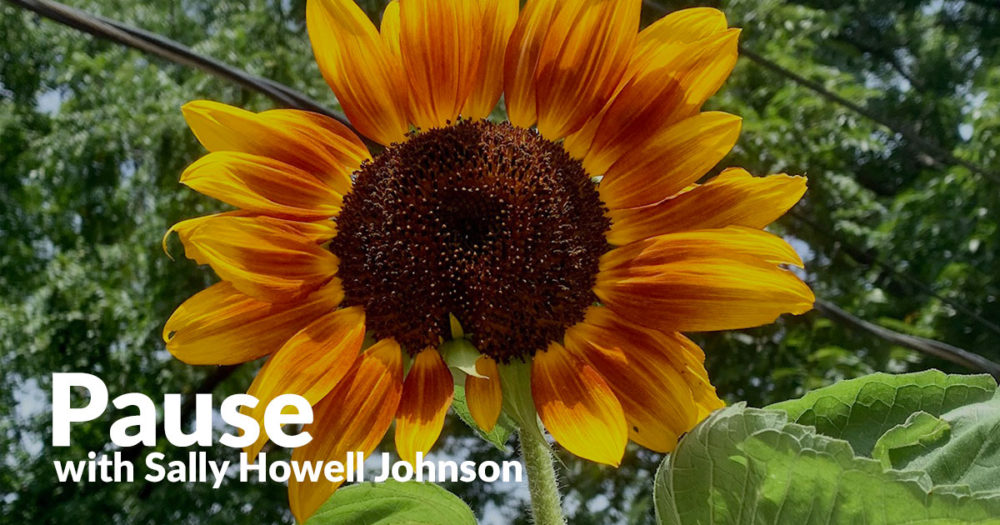"Sing praises to God, you faithful ones, and give thanks to God's holy name. For the anger of God is but for a moment; God's favor is for a lifetime. Weeping may linger for the night, but joy comes with the morning." Psalm 130
These final Sundays in the season of Epiphany,of seeking to see the light of God in our midst, find us reading some of the healing stories of Jesus. Tucked in the readings that are possible for next Sunday is Psalm 30. It is a psalm of thanksgiving for healing.
Healing is a difficult concept to get our arms around. While healing is not the same as curing, I believe it is always about bringing about wholeness. In our culture when we speak of healing we most often talk about cure…some miraculous event that rids people of a terrible disease or injustice. It would be wonderful if that was always the case but it has been my experience that this kind of miracle is rare. Not impossible, but rare.But in the times when I have been present to healing, wholeness always shines brightly.
Yesterday as we struggled through this psalm in preparation for next week's worship, we talked about the image of God portrayed in the words. People were uncomfortable with a God who is angry and certainly a God who appears to knowingly cause pain. Further into the psalm, the writer says 'you hid your face' which most of us did not embrace. We agreed that most often it is we who hide our face from God not the other way around. And we agreed that it is in these times that we most experience pain.
In the end we came to the conversation about how all the words we use to speak of the Holy are inadequate. While we know this to be true, we often forget. This leads to arguments with the scriptures, with others on the faith journey, with our churches, our faith leaders, with other faith traditions. We talked about how we express our faith today is so different than we might have even a few short years ago. Different people expressed how certain times in their lives, in the presence of fear or illness or tragedy, they found themselves praying in ways that were so different than they did when their lives were much calmer, more ordinary.
It caused me to wonder: these words, songs written by a people in exile, a people so in need of healing and their own sense of place, represented a certain time in the life of a nation. Would they have written these poems differently, had they known that thousands of years later, people would be 'taking them at their word'? Would they have described God as an angry God, as a vengeful God? Would they have used the metaphors they used if they would have known people, living lives they could not even imagine, would try to analyze, scrutinize and, for some, seek to take their words literally? It is difficult to know but something interesting to consider.
Every year our confirmation class writes their faith statement at the end of their year long study together. Many of the students follow the outline and words of people from a different time, with a different worldview, statements held by the church for centuries. Others take the challenge by the horns and put out there what they really believe, right now, as a sixth-grader living in uncertain, postmodern times. As I listen to their words, I always wonder what they will think of them if they read them at 25, 40, or even at 70.
It is my hope that they, like the psalmists, might see their statements as words that were true for them at a special moment in time, at a certain step along their journey. And as they read them, they might experience a moment of knowing what it means to be a part of the wholeness that is the people of God, ever moving, every growing, ever seeking to know and to speak more fully about the One who birthed us and dreamed us into being. And in the end that they will be filled with grateful hearts.
